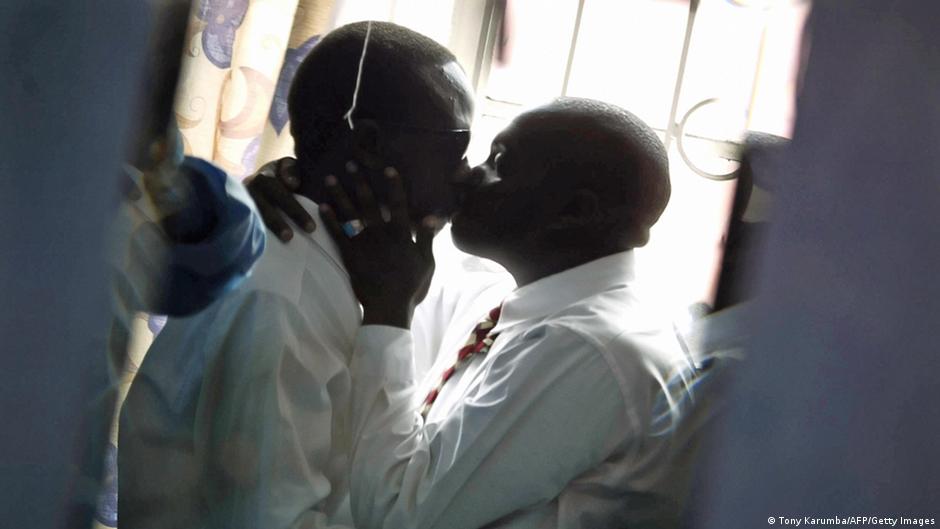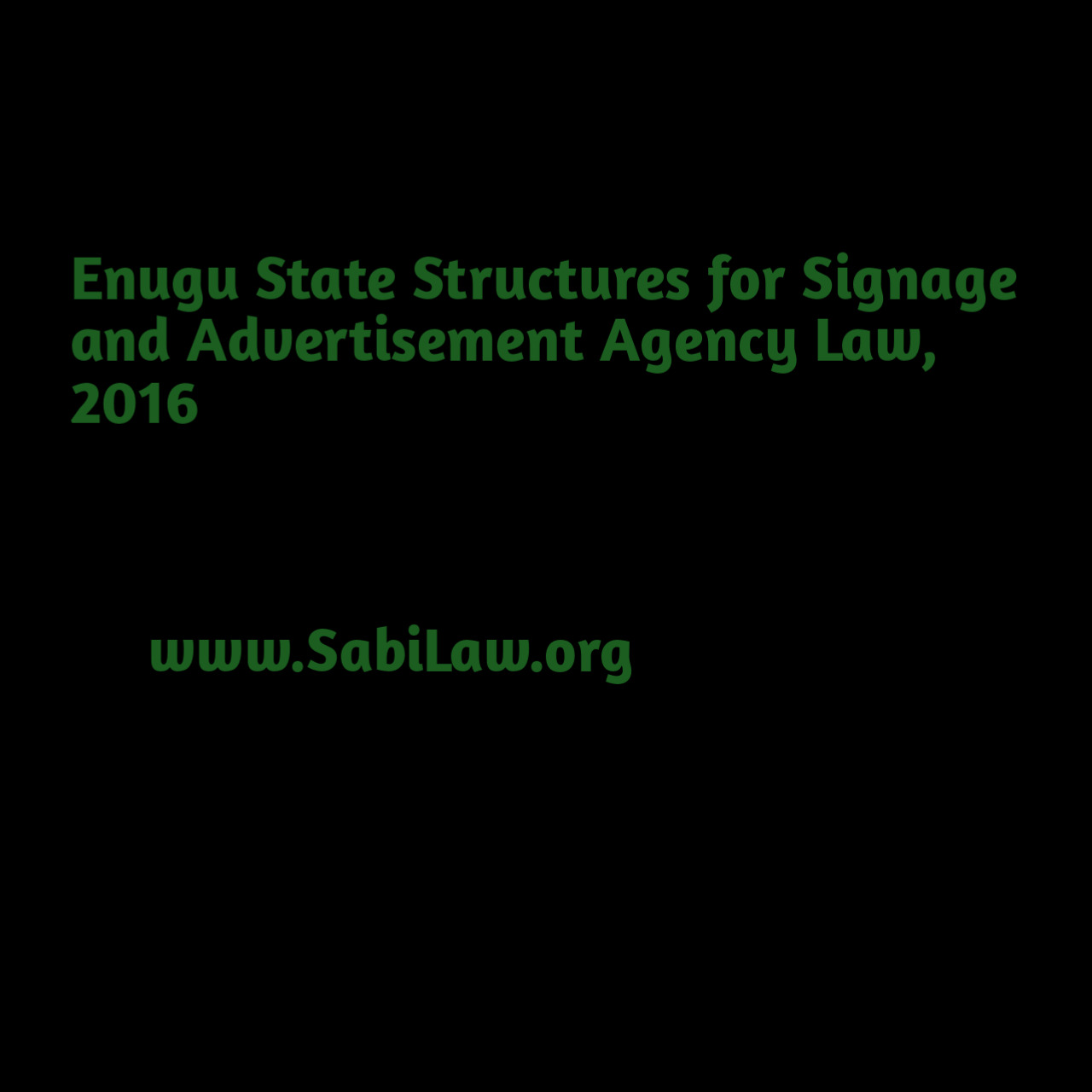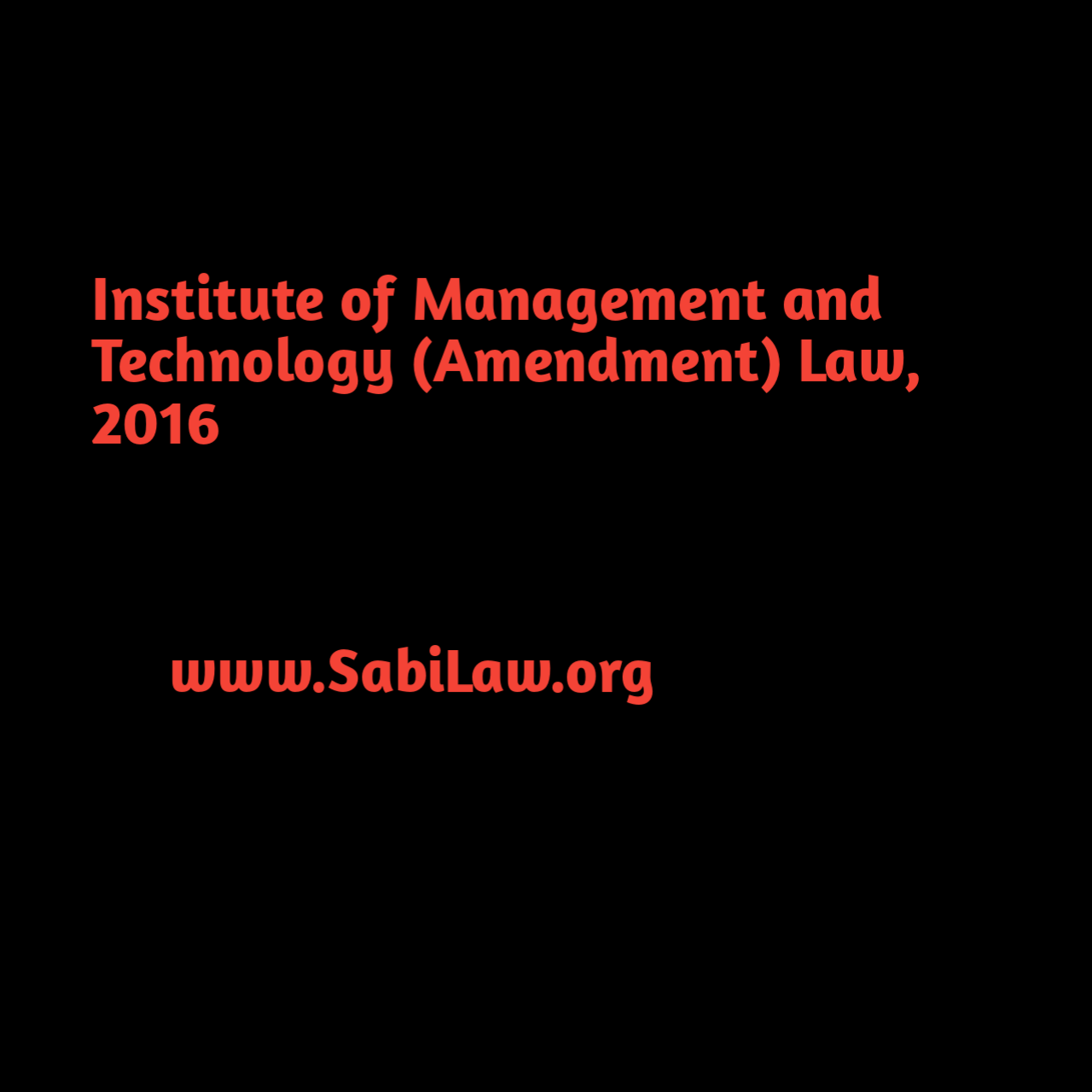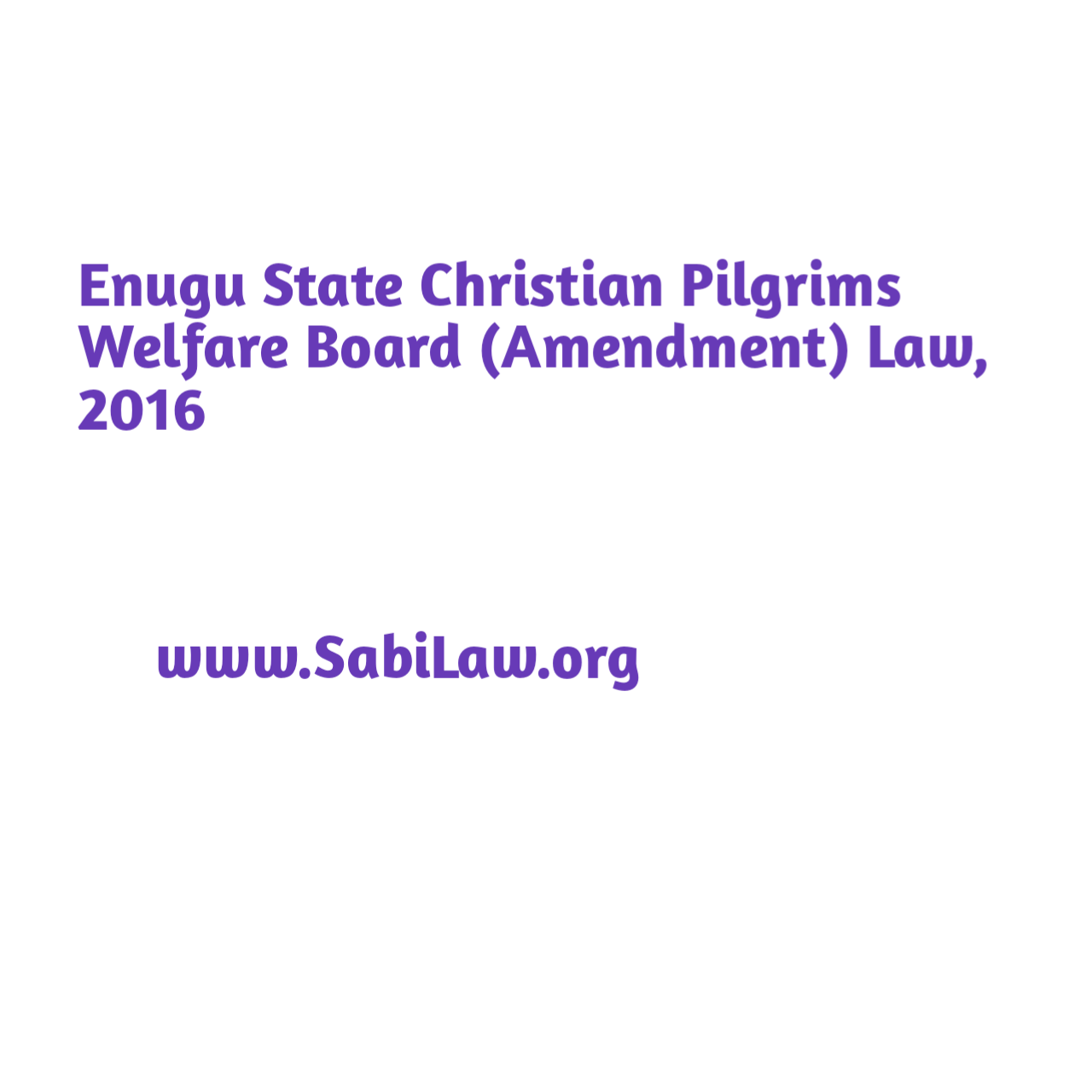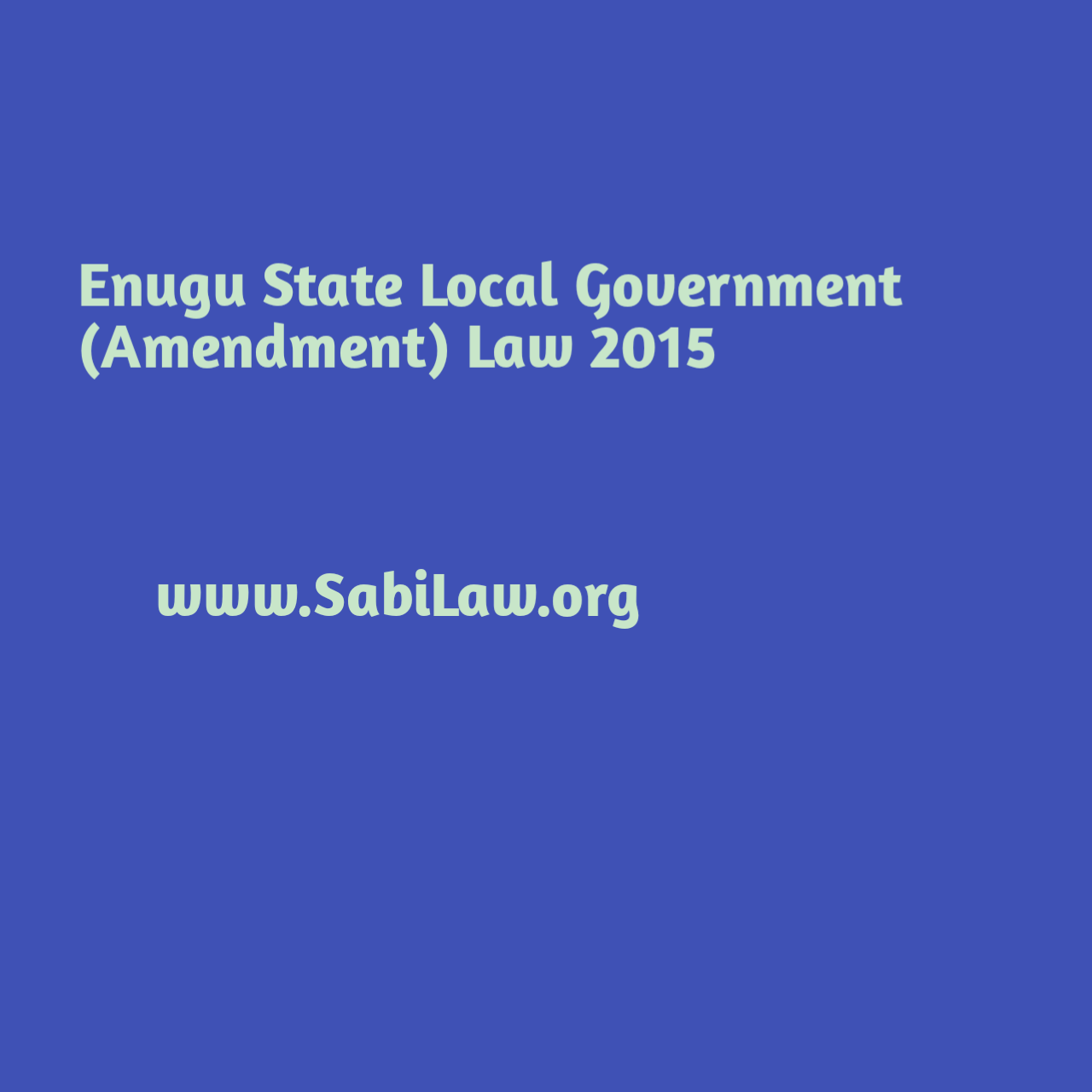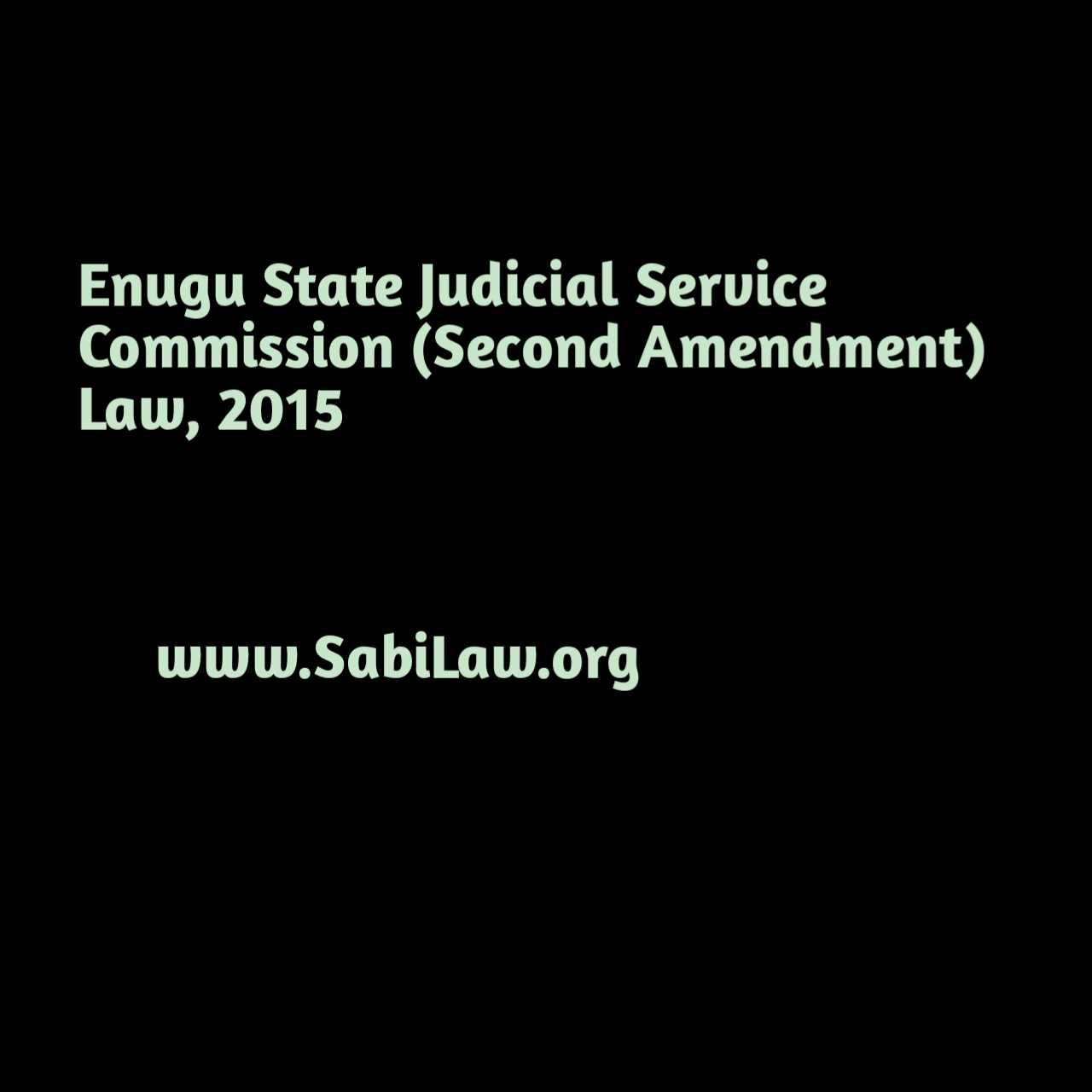Juxtaposition of Homosexuality, Some Laws and Human Rights in Nigeria.
By Ayomide Oyelade
In the late hours of April 5, 2022, the news that the House of Representatives sought to amend the Same Sex Marriage Prohibition Act to include statutory punishment for crossdressers of either imprisonment for a period of six months or fine to the tune of five hundred thousand naira had spread like wild fires. Nigerians started trolling some popular native crossdressers like Bobrisky, James Brown and others on social media.
Merriam Webster Dictionary aptly defines crossdressing as the act of wearing clothes designed for the opposite sex. It is highly essential and decisive at this juncture to assert that while crossdressing might just seems like fashion to some people, it should be noted that there are some people that might not be able to do away with it because they are homosexuals – another word for the frequent term: gay.
If we consider the proposed amendment against the backdrop of African primordial ethos and traditional beliefs conjoined with the sermon of the two monotheistic religions that is prevalent and popular in the Continent or more specifically Nigeria, we can conclude that any law proscribing homosexuality would be a welcomed development in the country on the grounds of public policy and morality, after all, it was this same homosexuality that brought down the torrentous rain of fires and brimstones on the perverse inhabitants of Sodom and Gomorrah.
However, it is doubtful if anyone that is either aware of the intense debate going on presently amongst biologists and scientists as to whether homosexuality is actually natural or acquired which means that it is by choice or anyone that is deeply concerned with the constitutional rights guaranteed to every human by the Constitution would arrive at the same conclusion. The legality or constitutionality of the said Act and the proposed amendment is questionable in light of the right to freedom from discrimination guaranteed in the Constitution as the Constitution clearly provides that a citizen of Nigeria shall not be subjected either expressly or in practical application of any law in force in Nigeria to restrictions to which other citizens of Nigeria are not made subject whereas the proposed amendment is restricting some people to some kinds of clothes which are against their wishes because of their gender.
The distinction between male wears and female wears actually rests on the dynamic societal view. There was once a time when trousers were strictly for males and were considered a taboo for females, I wonder if a female would be liable for the crime of crossdressing today because she is putting on a trouser. If you have not deciphered the crux of my contention yet, you can imagine a scenario where there is a law that states that nobody should eat during Salah, even it is not stated that the law is giving undue advantage to the Muslims, it needs no further explanation to declare that the law is discriminatory and oppressive to the non Muslims who are not under any obligation to fast during Salah. In a nutshell, issues like clothing are actually within the realm of morality and not law and it is often turbulent whenever law encroaches on the realm of morality.
The determination of the constitutionality of that Act and the proposed amendment would have been laid to rest eternally if there is a conclusive straightforward answer to question of whether homosexuality is natural or acquired. This is because if we hold the view that homosexuality is natural and homosexual is a gender on its own apart from male and female, then it will amount to discrimination to make laws that specifically target and victimise people of this gender.
Even if we hold to the alternative, there would still be some substantial issues that beg for serious contemplation if we consider the punitive approach of our lawmakers to the global trend of homosexuality. After proper and detailed consideration of virtually all the authoritative texts on the subject matter, I am of the opinion which I reached after a dispassionate assessment of those authoritative texts on the topic that the academic world of science and biology is yet to agree and commit itself to a conclusive answer.
The view that homosexuality is natural is well-established in the academic world though the theory is graced and draped with many factions postulating different hypotheses yet arrive at the same conclusion. One of the factions argued that homosexuality is genetic and it can be passed down among generations through hereditary genes. Infact, some experiments have been conducted in this regard which proved that there are some slight variations in the biological make-up of an heterosexual man to a homosexual man.
While this theory seems plausible and impressive, it does not totally absorb nor stamp out the nonconformist argument of another pervasive faction who posited that homosexuality might not be genetic but there is more to gender than just male and female. This faction contends that there are many deformities that can occur during the sexual formation stage of a foetus and these incidents can alter the sexual orientation of the person that experienced them.
Bill Sullivan, a distinguished professor of Pharmacology and Toxicology at the Indiana University School of Medicine impliedly gave credence to those two schools of thought in his article which he wrote on the subject when he remarked that “by analysing the DNA of nearly half a million people from the US and the UK, they concluded that genes account for between 8% to 25% of the same sex behavior. Numerous studies have established that sex is not just male or female. Rather it is a continuum that emerges from a person’s genetic make-up.’
Hopefully, in the nearest future, scientists would agree on one stance but the legal implication of the conclusion that homosexuality is natural is glaring, Same Sex Marriage Prohibition Act and the proposed amendment cannot stand shoulder to shoulder with Section 42 of our Constitution as the Act is discriminatory and oppressive to a certain gender – homosexual.
Let me agree for the sake of this discourse but I am not conceding that homosexuality is an acquired trait and it is by choice. Worthy to mention is one publication published by Punch Newspaper on March 3, 2018 which documented public opinions of Nigerian citizens about whether homosexuality is a choice or natural, none of the persons that commented agreed that homosexuality is natural. However, while most people based their opinion on longheld African beliefs or religious dogma, it is remarkable that some made meaningful contribution by conceding that homosexuality just like acholism, drug abuse or some other social vices can be acquired through the orientation or the environment that someone was exposed to at the early stage of one’s life which will definitely rewire the biological make-up of that person, in summary, some people can become addicted to homosexuality.
It is saddening that despite this gory reality that is unashamedly staring its face at us, our lawmakers choose to make imprisonment or fine as the punishment for the crime instead of rehabilitation. The matter becomes laughable if we ask ourselves whether a special confinement would be made for those guilty of this crime or the custodians of our Correctional Facility would still place them together with other inmates. Perhaps, our lawmakers and the society at large presumed that it is impossible for homosexuals to reorient and convert others into homosexuality. One begins to wonder why some people would be punished for what they partially have control over because it is a psychological fact that once someone becomes addicted to something, such person becomes like pig which would instantly wash itself in a mire anyday it set its eyes on it even if it has been taken away from that mire for a long period of time. If it is true that homosexuality is acquired and it is by choice, then it means that it is habitual just like every other addictive act and the proper remedy to tackle it is rehabilitation and not imprisonment or fine.
I have stated earlier that a society like ours with its ideals so deeply entrenched in theistic approach and supernatural beliefs, the reaction we should expect from the general populace for this kind of law is to applaud and commend the lawmakers for protecting public morality. However, in saner climes where there is more recognition of and respect for others’ individuality and distinct personality, public outcry calling for amendment of that reprehensible Act or suspension of that proposed amendment would have followed the news. This is therefore a clarion call to enthusiasts of human rights to speak up, guide and enlighten our lawmakers and the society at large into knowing the proper amendment to make because that is the only way through which we can nip this problem in its bud.
Juxtaposition of Homosexuality, Some Laws and Human Rights in Nigeria.
****************************************************************************************
This work is published under the free legal awareness project of Sabi Law Foundation (www.SabiLaw.org) funded by the law firm of Bezaleel Chambers International (www.BezaleelChambers.com). The writer was not paid or charged any publishing fee. You too can support the legal awareness projects and programs of Sabi Law Foundation by donating to us. Donate here and get our unique appreciation certificate or memento.
DISCLAIMER:
This publication is not a piece of legal advice. The opinion expressed in this publication is that of the author(s) and not necessarily the opinion of our organisation, staff and partners.
PROJECTS:
🛒 Take short courses, get samples/precedents and learn your rights at www.SabiLaw.org
🎯 Publish your legal articles for FREE by sending to: eve@sabilaw.org
🎁 Receive our free Daily Law Tips & other publications via our website and social media accounts or join our free whatsapp group: Daily Law Tips Group 5
KEEP IN TOUCH:
Get updates on all the free legal awareness projects of Sabi Law (#SabiLaw) and its partners, via:
YouTube: SabiLaw
Twitter: @Sabi_Law
Facebook page: SabiLaw
Instagram: @SabiLaw.org_
WhatsApp Group: Free Daily Law Tips Group 5
Telegram Group: Free Daily Law Tips Group
Facebook group: SabiLaw
Email: lisa@sabilaw.org
Website: www.SabiLaw.org
ABOUT US & OUR PARTNERS:
This publication is the initiative of the Sabi Law Foundation (www.SabiLaw.org) funded by the law firm of Bezaleel Chambers International (www.BezaleelChambers.com). Sabi Law Foundation is a Not-For-Profit and Non-Governmental Legal Awareness Organization based in Nigeria. It is the first of its kind and has been promoting free legal awareness since 2010.
DONATION & SPONSORSHIP:
As a registered not-for-profit and non-governmental organisation, Sabi Law Foundation relies on donations and sponsorships to promote free legal awareness across Nigeria and the world. With a vast followership across the globe, your donations will assist us to increase legal awareness, improve access to justice, reduce common legal disputes and crimes in Nigeria. Make your donations to us here or contact us for sponsorship and partnership, via: lisa@SabiLaw.org or +234 903 913 1200.
***********************************************************************************


